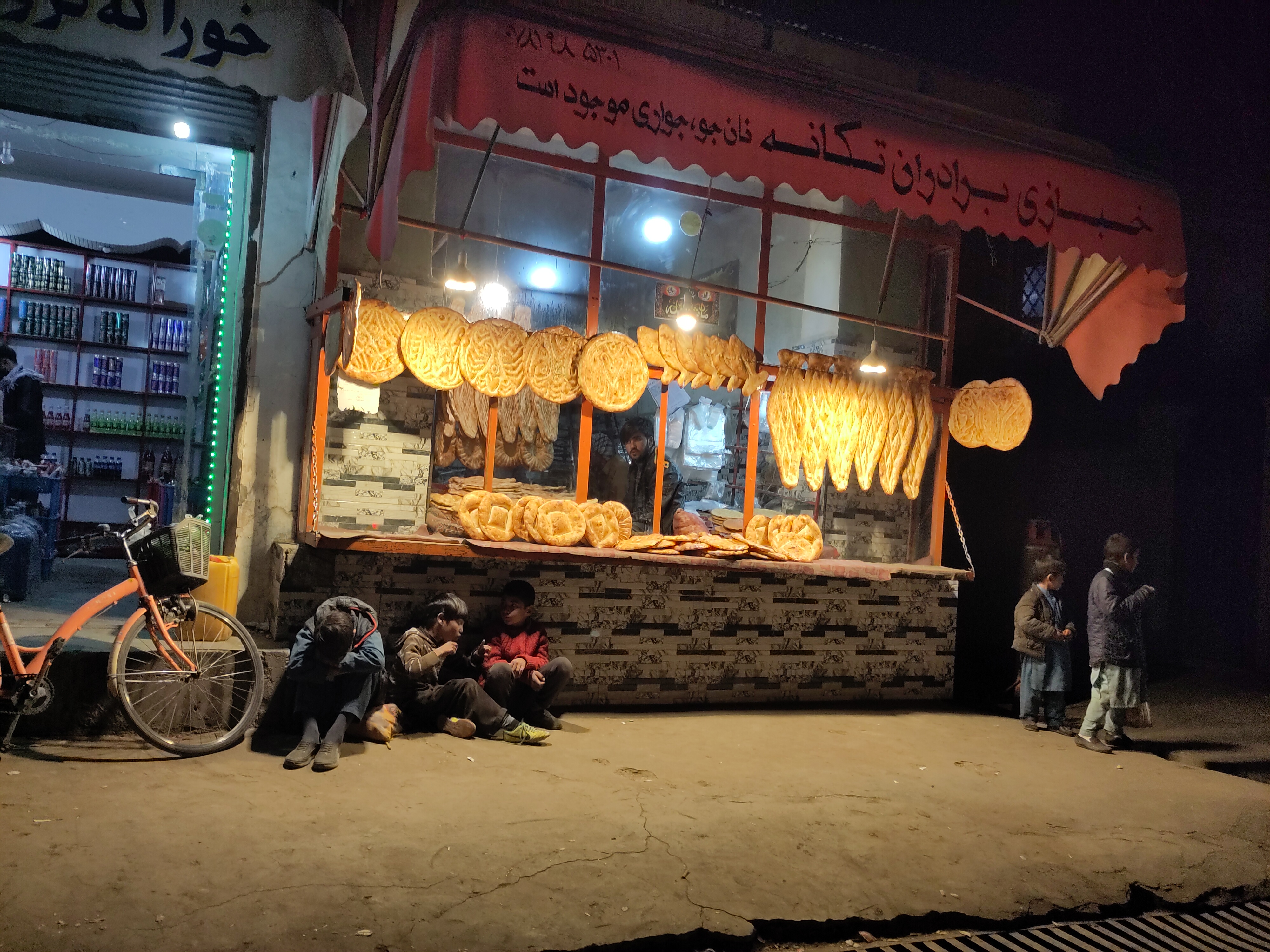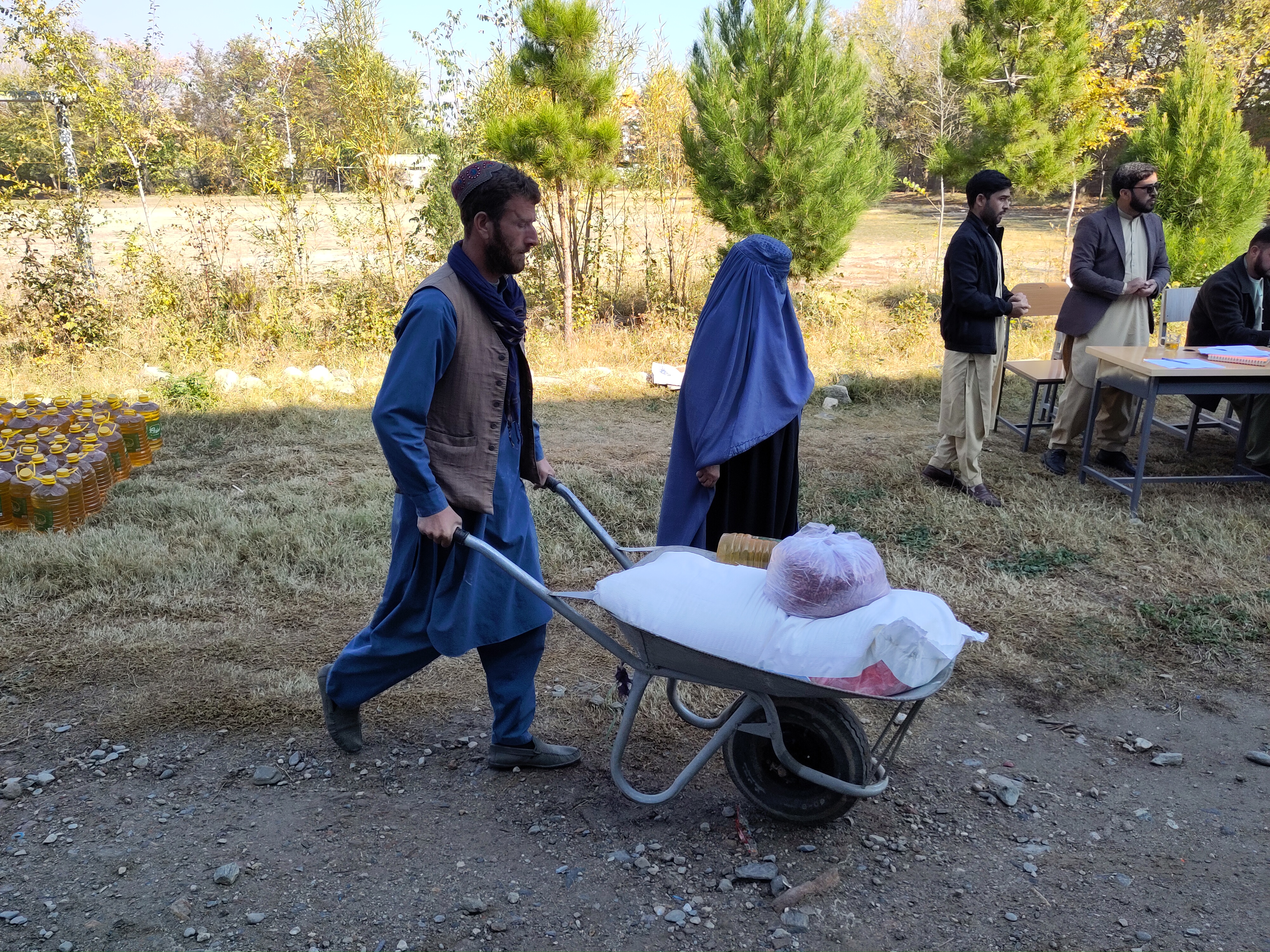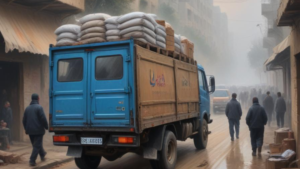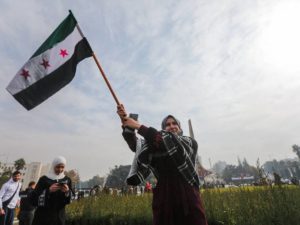Statement Issued by United Against Inhumanity on 26th June 2023

The Afghan economy and its banking sector were crippled in February 2022 when US President Biden issued an Executive Order to unilaterally seize US$7 billion of Afghanistan’s sovereign resources held in the US Federal Reserve. Another US$2.5 billion remain inaccessible in banks in Europe and elsewhere.
Beyond the politics, few question the strategic importance and moral necessity of recapitalizing Da Afghanistan Bank (DAB). The DAB needs access to its capital resources to meet its critical responsibilities as the country’s central bank. The seized, foreign reserves are the property of the Afghan people. UAI backs their desire for a functioning economy and regular banking system. It calls for the urgent recapitalization of the DAB. Afghanistan’s sovereign, external reserves should be made available to the DAB in a pragmatic and monitored fashion that enables it to operate in line with its charter and normal banking standards. Resuscitating the economy is critical to staunching suffering in Afghanistan.
The Afghan Fund Dithers as Poverty Decimates Lives and Livelihoods
The launch of a new, billion-dollar Afghan Fund in Switzerland (AFS) was announced on 14 September 2022 by Washington and Berne. It was cautiously acknowledged as a move in the right direction – namely enabling the recapitalization of the DAB – by stakeholders concerned about the desperate state of the Afghan economy and the deadly consequences of this for millions of impoverished citizens. But ten months later, Afghans and those concerned about their survival, are bewildered why none of the resources ostensibly earmarked “for the benefit of the Afghan people” have been used to recapitalize the DAB.
In order, allegedly, to protect Afghanistan’s seized assets from the unknown outcome of ongoing 9/11 litigation in the US, half the sequestered amount held in the New York Federal Reserve Bank – US$3.5 billion – was transferred to the AFS to protect, preserve, and disburse these funds according to the official announcement. A Board was established; it includes a US government official, a Swiss diplomat and two experienced Afghans (a former minister of finance and an economist and academic who is a long-standing member of the governing council of the DAB). The four Trustees met in November 2022 and February this year but have not, to-date, made any decisions on recapitalizing the DAB despite the alarming situation faced by impoverished Afghans.
Unheralded levels of poverty and hunger haunt the land. This is exacerbated by much reduced access to health care; the economy is in dire straits and the banking system is in trouble. As a result, 38 million Afghans, who are not responsible for the policies of the de facto authorities or for the geopolitical posturing of Western states, suffer the consequences.
The abrupt, and chaotic departure of the US-led military and diplomatic presence in Afghanistan after two decades of dysfunctional governance, corruption, impunity, and armed conflict, greatly facilitated the return of the Taliban to Kabul in August 2021. This brought two-decades of armed conflict and occupation to a welcome end. The new Islamic Emirate of Afghanistan (IEA), while basking in a post-colonial moment, faced a tsunami of issues as it took over the governance of the devastated country that is now, effectively, treated as a pariah state.
The Emirate’s determination to add to the woes of Afghan females who have long suffered societal and structural discrimination, and to ignore the terms of the US-Taliban Doha Agreement (2020) that led to the departure of the US and its allies, has ensured that all countries have, to-date, denied it the recognition it craves. However, there is a clear and urgent need to engage in Afghanistan in a manner that prioritizes the well-being and survival of the millions of Afghans whose very existence is dependent on a functioning economy.
Economic Woes, Drivers, and Dynamics
Poverty, unfortunately, is not a novel reality for a high proportion of Afghan citizens. In 2010, a UN study found that 36% of the population were living in absolute poverty noting that this was “neither accidental nor inevitable.” By 2018, 54% of the population were living below the poverty line. A recent UN Development Programme report shows that the economy contracted by 21% in 2021.
This woeful situation can be attributed, in part, to a history of corrupt and unaccountable governance, the marginalization of women in Afghan society, the abrupt termination of external budgetary support that had covered the bulk of public expenditure as well as traditional funding for development upon the departure of US forces and their allies in August 2021. The freezing of the country’s sovereign reserves, a critical factor in crashing the economy and the banking sector, is tantamount to economic warfare.
While Western polices are geared to undermining the Taliban regime, it is impoverished and marginalized Afghans, including women and girls, who are made to suffer the consequences of this geo-political confrontation. This means that rhetoric and self-serving narratives are prioritized over objective analysis. In other words, while the Taliban’s ideological stance needs little explanation, the vindictive policies of the US and its allies are adding insult to injury. Moreover, the international humanitarian lifeline is increasingly tenuous with the UN appeal for 2023 only 14.5% funded at the time of writing.
The freezing of the country’s sovereign reserves, a critical factor in crashing the economy and the banking sector, is tantamount to economic warfare.
United Against Inhumanity (UAI)
Afghans Need a Functioning Economy
USAID, with the concurrence of the DAB’s Executive Board, funded a US$3.5 million, “independent third-party assessment” of the central bank that was completed in April but, somehow, “the results were not finalized” as noted by SIGAR on 4 May. Both the US Department of State and the Treasury indicated that they would not support the return of seized funds to the DAB until there were adequate anti-money laundering/countering financing of terrorism (AML/CFT) controls in place as well as evidence that the central bank was “independent from political influence and interference.”
Clearly, the notion of “independence” is an elastic concept in Washington, even as few would dispute the necessity that all stakeholders respect the statutory and operational independence of the DAB. Neither would many dispute that humanitarian action – vulnerability and unmet needs have ballooned in tandem with the crashed economy – is never a substitute for a functioning economy. In addition, humanitarian funding has greatly diminished even as hunger grows. According to the World Food Programme, six million Afghans are “one step away from famine.” It has been forced to cut food assistance due to lack of funds in April.
UAI calls for the immediate recapitalization of the DAB. Pragmatic, effective, and internationally monitored solutions have been proposed by UAI and others: for example, the transfer of US$150 million per month, in a manner that respects the charter of the DAB and with the provision of capacity-building support, if deemed necessary, to meet AML/CTF safeguards.
Recapitalizing the DAB is the only ethical, moral, and realistic option to ensure the survival and the future of millions of at-risk Afghans.
Recapitalizing the DAB is the only ethical, moral, and realistic option to ensure the survival and the future of millions of at-risk Afghans.
United Against Inhumanity (UAI)












